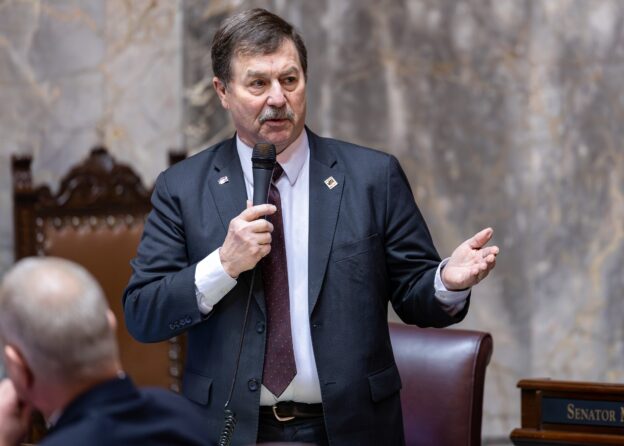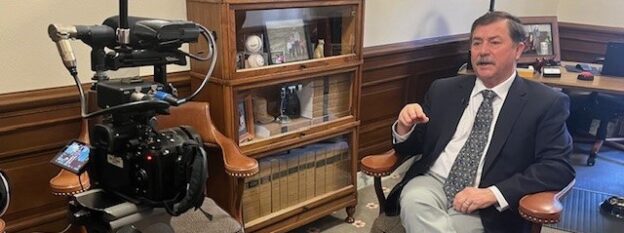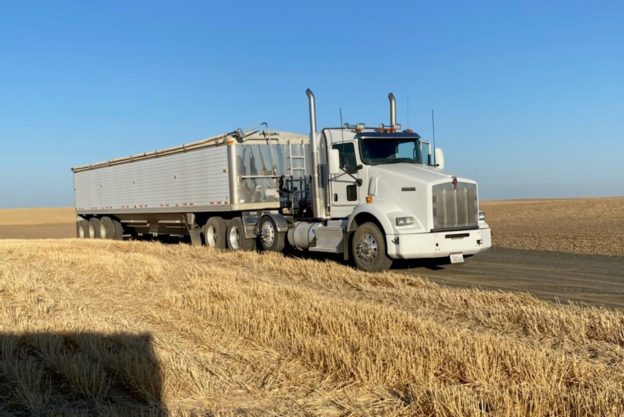 RITZVILLE… More than 40 county, community and regional agricultural fairs will happen across Washington in August and September, and fairs mean exhibits – which has Sen. Mark Schoesler offering friendly and timely reminders to exhibitors and fairgoers alike.
RITZVILLE… More than 40 county, community and regional agricultural fairs will happen across Washington in August and September, and fairs mean exhibits – which has Sen. Mark Schoesler offering friendly and timely reminders to exhibitors and fairgoers alike.
“We know the local fair is a place to find great food and something fun and interesting to do, but to me the heart of the fair is in the exhibits,” said Schoesler, R-Ritzville.
“It’s easy for entry deadlines to sneak up on people, so if you’re planning to enter something in your local fair, take a moment to go online and double-check the information for exhibitors. For the many fairgoers across our state, this is the time to mark your calendars – and if you haven’t been to a fair lately or at all, go see what you’ve been missing.”
The Washington State Fair Association’s list of fairs for 2025 is available at this link. While the majority take place this month, the 9th Legislative District served by Schoesler is home to more fairs in September than any other district in the state.
While livestock exhibits are always popular, Schoesler said, typical categories also include fruits and vegetables, plants and flowers, and other farm-rooted traditions like food preservation, baking, clothing and woodworking. There are arts and crafts galore, and exhibits related to mechanics and machinery.
“Whoever first described fairs as the ‘state’s largest classroom’ sure got it right, because a fair might have everything from A to Z on display. Someone can touch the wool while it’s still on the sheep, or see a stalk of wheat before it becomes flour, and get a sense of how far agriculture – our state’s largest employer – has come in the past century or more.
“But again, that education doesn’t happen without exhibits; check the rules and deadlines so you can be ready to share your efforts for the enjoyment and education of others,” he said.
Schoesler, a fifth-generation wheat farmer, is also Republican leader on the Senate’s capital-budget team. While majority Democrats cut the state fair fund by 35% in the new operating budget for 2025-27, he successfully pushed for a record $9 million in the new capital budget to support health- and safety-improvement projects at fair facilities.
“Many legislators attend their local fair to see constituents. When they see more exhibitors and strong attendance, they can better appreciate how fairs are good citizens and economically important. That can only help to keep the support from Olympia coming.”
















